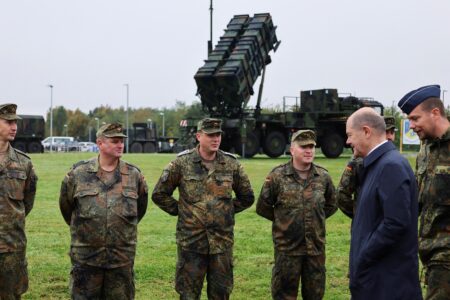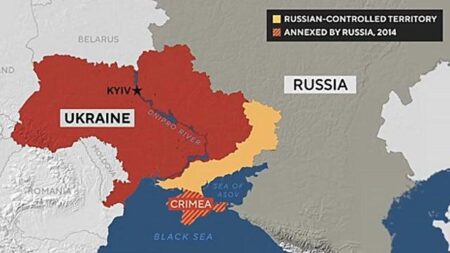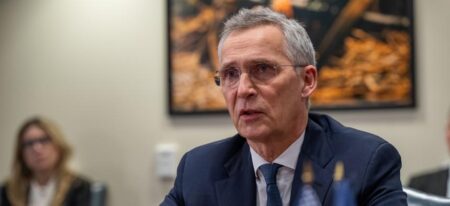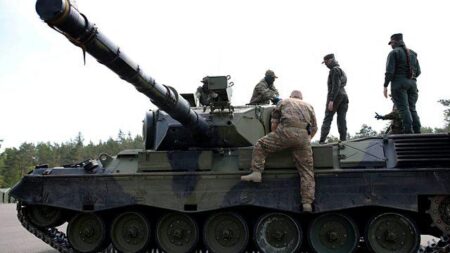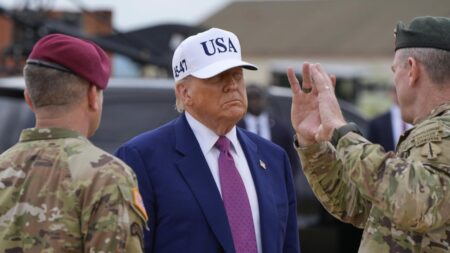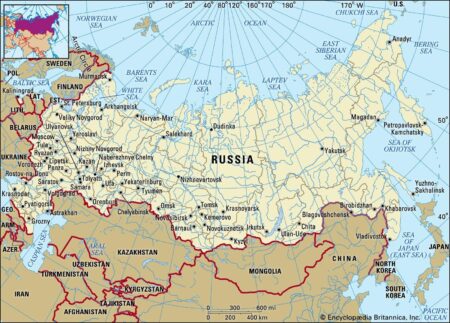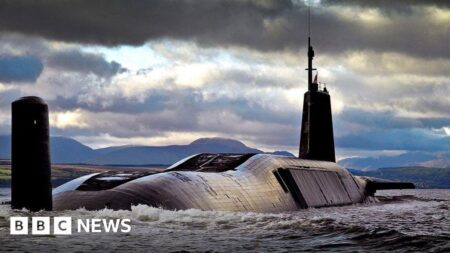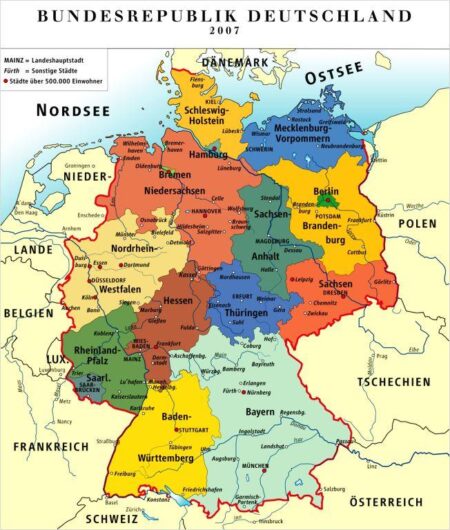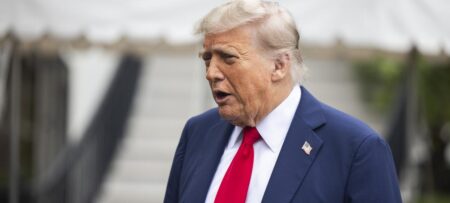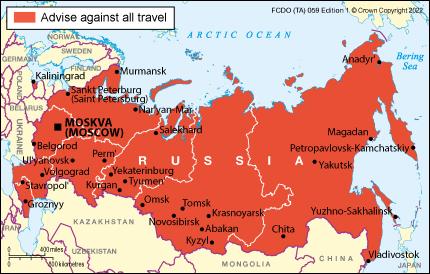Germany’s military is launching an ambitious transformation to tackle rising global tensions head-on. Yet, experts warn that logistical challenges, limited budgets, and political conflicts could stall progress and jeopardize Europe’s security
Browsing: NATO
Ukraine-Russia war live: As the conflict intensifies, Europe is exploring the creation of a buffer zone to halt further escalations. Meanwhile, the US has approved a new missile sale to Ukraine, highlighting its deepening commitment amid mounting tensions
A NATO ally has issued a stark warning to former President Trump, calling his credibility on Russia into serious question as nuclear tensions soar. This alert underscores mounting concerns over the precarious state of global security, Newsweek reports
Photo gallery: On 09 June 2025, NATO Secretary General kicks off an impactful visit to the United Kingdom. Dive into unforgettable moments from high-stakes meetings with UK leaders and inspiring talks aimed at strengthening transatlantic security. Explore these exclusive snapshots now!
Germany has taken a bold leap forward, pledging to significantly increase military aid for Ukraine and positioning itself as a leading force in a sweeping European rearmament effort. This decisive move signals a major shift in regional defense strategies amid the ongoing conflict
Former President Trump’s meeting with Vladimir Putin ignites pivotal questions about the future of the Ukraine war and reshapes his political legacy. This high-stakes encounter could transform global diplomacy and change the trajectory of U.S. foreign policy forever
Germany’s recent call for France’s nuclear shield confronts a stark reality: Paris draws firm lines around its security promises, highlighting the complex challenges facing European defense amid rising geopolitical tensions, reports the WSJ
As US backing for NATO shows signs of faltering, France and the UK are intensifying their nuclear alliance, signaling a daring new chapter in European defense amid escalating geopolitical tensions
Russia has launched a “deliberate” strike on a factory inside a NATO ally’s borders, escalating tensions in an already volatile region, Newsweek reports. Authorities are actively investigating the incident as concerns continue to mount
Germany is acquiring US Typhon missiles capable of reaching Moscow, emphasizing that this move is purely defensive. Officials stress that this upgrade aims to strengthen deterrence amid rising tensions. – UNITED24 Media
Italy’s bold vision for a bridge to Sicily is set to revolutionize NATO’s infrastructure strategy, boosting logistics efficiency and shaping the future of defense investments, Defense News reveals
As the U.S. considers a rapid military withdrawal from Europe, Russia could seize this chance to expand its influence, escalating regional tensions and putting NATO’s unified security at risk
The UK and France have launched a bold, united nuclear deterrent strategy, marking a significant leap forward in their security partnership amid rising global tensions, officials confirmed. This groundbreaking initiative underscores the strengthening defense alliance between the two countries
Italy is gearing up to classify the €13.5 billion Sicily bridge project as defense spending-a strategic move aimed at boosting its contribution toward NATO’s 2% GDP target. This bold step highlights Italy’s dedication to strengthening its military investment and fulfilling its alliance commitments with renewed vigor
In a bold and historic move, Germany is set to build Europe’s most powerful military force. This groundbreaking shift marks a decisive break from its post-Cold War defense stance, fueled by escalating regional security threats
NATO Secretary General will visit Italy on June 12, 2025, for crucial discussions aimed at strengthening alliances and boosting regional security. This visit underscores NATO’s steadfast commitment to preserving stability throughout Europe amid evolving challenges
Former U.S. President Trump announced that Spain will incur higher costs in a trade deal due to its refusal to meet NATO’s defense spending targets, Reuters reports. This move highlights escalating tensions over burden-sharing within the alliance
Spain’s NATO spending deal is igniting fierce debate, with critics arguing it falls short of defense budget commitments. This controversy is fueling tensions within the alliance and casting doubt on Spain’s commitment to fulfilling NATO’s expectations
Spain occupies a crucial role in NATO, thanks to its strategic location, formidable military strength, and steadfast commitment to collective defense. Acting as a vital link between Europe and Africa, Spain boosts regional security and strengthens the alliance’s unity like never before
According to Ukraine intelligence, Russia is playing a key role in helping China develop strategies to counter US and NATO weaponry. This collaboration highlights a growing military alliance as global tensions continue to rise

